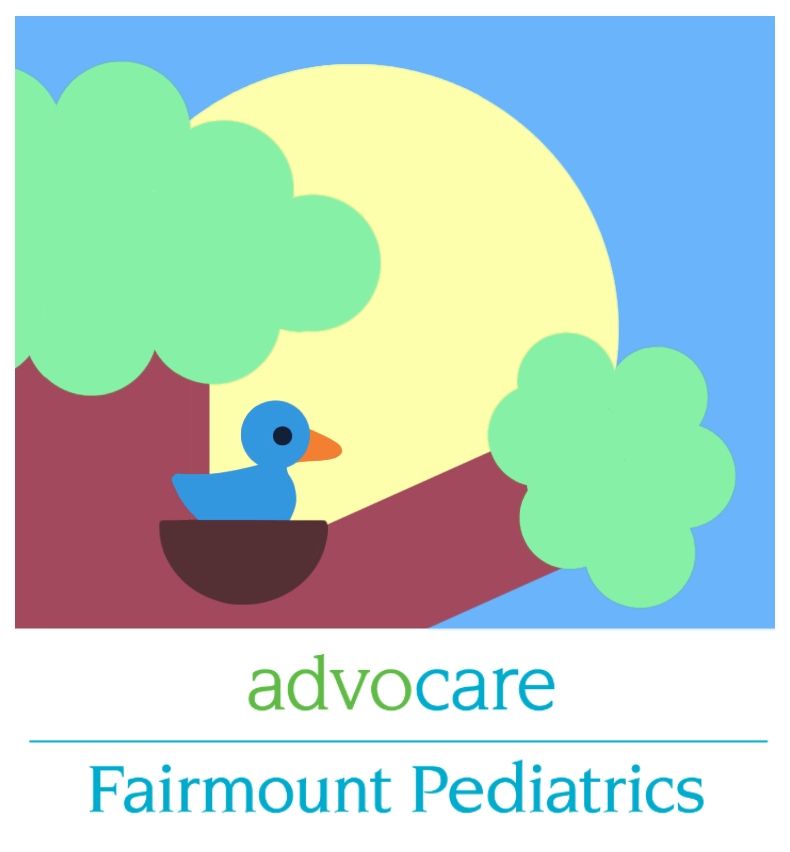Vaccine Information
Vaccine Information for You!
Dr. Lieberman is strongly in favor of childhood vaccines. She also understands that parents make their own choices. Advocare Fairmount Pediatrics offers excellent care to all patients regardless of their vaccine status. All patients should follow our recommended well-visit schedule, even if they’re not receiving all vaccines.
Before your child receives any vaccines, you can read the available Vaccine Information Statements: CDC on each one. They can be printed out for you in the office.

-
What is Pertussis Vaccine for parents?
Pertussis, or whooping cough, is a common disease that causes prolonged cough. Babies catch it from the adults and teens in their households. You were probably vaccinated for this when you were young, but immunity wanes over time. It’s now recommended that all parents of babies and young children be re-vaccinated for pertussis. If you had a tetanus shot in the past two years, you received a pertussis vaccine as part of that. If not, you are due! Read more at this link.
The easiest way to get the pertussis vaccine is to visit the Rite Aid next door to the office and request a Tdap vaccine. They take most insurances and can give the vaccine without an appointment. Alternatively, you can visit your own doctor to get the Tdap vaccine to keep the babies in our lives healthy!
-
How do vaccines work?
-
Have questions about vaccines?
We carry Glaxo and Merck vaccines, including Pediarix, Hiberix, and Rotateq.
- Here’s a reliable site where you can find answers: American Academy of Pediatrics Immunization.
- Here’s a page explaining vaccine ingredients, including why they are needed.
- From the CDC, here’s a list of vaccine ingredients, sorted by vaccine.
More good websites for information about vaccines:
-
When should your child get vaccinated?
Our Well Visit schedule matches the recommended vaccination schedule. You can find our detailed vaccination schedules here, including printable PDFs of schedules for babies & children and adolescents & teens.
-
Are you worried about side effects or after effects from vaccines?
- Here’s a clear, useful summary of studies on vaccine safety.
- Unvaccinated vs vaccinated children have been compared in a large study in Germany. The study found that the only difference between the two groups was that unvaccinated children had a higher rate of vaccine-preventable disease. There was no difference in other infectious diseases nor in allergic or autoimmune diseases. Here’s the link to the study.
-
Do vaccines cause developmental problems?
If they did, then children who are vaccinated would have more developmental problems than children who are not vaccinated. Here’s an article showing that children who received vaccines on time are the same, neuropsychologically, as children who received them late or not at all.
-
Do vaccines cause autism?
If they did, then kids who are vaccinated would have higher rates of autism than kids who are not vaccinated. But that is not the case. Here’s an article summarizing studies on vaccines and autism.
-
Do vaccines harm the immune system?
If they did, then children who are vaccinated would get more colds than children who are not vaccinated. Here are study results showing that early vaccine exposure does not increase risk of infections.
-
Does getting vaccines increase the risk of later developing asthma?
If it did, then children who are not vaccinated would have a lower rate of asthma than those who are vaccinated. Here are three relevant studies from Pediatrics, The Journal of Pediatrics, and the Pediatric Infectious Disease Journal (sign up for a free Medscape login to read the whole article).
-
What is Hib vaccine?
Hib is one of the most serious diseases in infancy which can be prevented by vaccine. Many people who are hesitant about vaccines still accept the Hib vaccine. You can learn more about it here:
- Hib information from the Centers for Disease Control
- Hib vaccine recommendations from the Centers for Disease Control
-
Why is vitamin K given to newborns? Is this necessary?
Yes, Vitamin K is necessary for newborns. It prevents hemorrhagic disease.
-
Why is the HPV vaccine controversial?
The HPV vaccine is safe and effective, and it has decreased the infection rate of the human papilloma virus by over 90% in those who have received the vaccine. Rates of cancer caused by HPV have already been shown to be decreasing as a result of the vaccine. Unfortunately, it was introduced to the public in a highly politicized way, which led to distrust in the vaccine. Here’s an article about how the vaccine was introduced, and here are useful questions & answers from the CDC about the vaccine.

